Lawmakers in Burundi are raising red flags over the management of national food reserves, accusing the country’s food security agency of inefficiency and negligence, just as the government begins exporting maize to international markets.
The National Agency for the Management of Food Security Stocks (ANAGESSA) is under mounting pressure following a June parliamentary session where MPs questioned the agency’s capacity to store and manage strategic food reserves. The controversy comes on the heels of the government’s decision to authorize the export of maize from ANAGESSA’s warehouses — a move some fear could threaten domestic food security.
During the session, Minister of Agriculture and Environment Prosper Dodiko clarified that only maize purchased from ANAGESSA is eligible for export.
“We are issuing export permits solely to those who acquired maize directly from ANAGESSA,” Minister Dodiko said. “Private buyers are allowed to use their maize for domestic purposes, including resale within Burundi.”
But the decision has ignited concern in parliament and among the general public. MPs argue that the storage conditions in ANAGESSA facilities are inadequate and could compromise both the quality and quantity of stored grain.
MP Pascal Gikeke warned that poor storage standards might undermine the value of Burundian maize on international markets.
“Some of the maize is in good condition, but a significant portion has been damaged,” he said. “If this continues, our maize will be undervalued abroad.”
Even more alarming, it was revealed during the session that 20 tonnes of maize had already begun to rot, and an additional 500 kilograms were completely spoiled under ANAGESSA’s care. Minister Dodiko partly attributed the loss to rodent infestations, stating that “rats chewed through the bags, leading to minor losses.”
MP Agathon Rwasa questioned whether Burundi’s maize reserves are robust enough to justify any exports.
“If everyone were to consume maize daily, the 71,000 tons available might not be enough,” Rwasa cautioned. “Before exporting, we must ensure food accessibility for all citizens — and maintain reserves for emergencies like drought or flooding.”
Farmers Also Feeling the Impact
Beyond the walls of parliament, maize farmers are also expressing frustration. In Maramvya, a zone in Gitega province, some farmers report that they have been unable to deliver their harvests to ANAGESSA due to delays in collection.
According to a report by local radio station Bonesha FM, the local ANAGESSA representative in Maramvya said storage space is limited because much of it is still occupied by maize from the previous season.
The delays risk financial loss for farmers whose harvested maize may spoil before it’s even collected — compounding concerns over ANAGESSA’s storage strategy.
Civil Society Calls for Reform
The Observatory for the fight against corruption and economic embezzlement (OLUCOME) has also weighed in. Alexis Nimubona, a spokesperson for the organization, accused ANAGESSA of systemic dysfunction and criticized the government’s direct role in trade.
“This agency clearly has operational shortcomings,” Nimubona told Bonesha FM. “The government should step back from the maize trade and instead empower private traders and cooperatives. ANAGESSA should act as a regulator, not a commercial player.”
Nimubona also called for stronger legal frameworks to guide commercial activity and ensure accountability in public institutions.
MP Rwasa echoed the call for reform, urging the establishment of permanent seasonal reserves to protect against food crises.
“Selling maize brings in revenue, yes — but we must not do so at the expense of the population’s well-being,” he said.
ANAGESSA was created to safeguard the nation’s food security, especially during lean seasons or in times of crisis. However, recent revelations have cast doubt on its ability to fulfill that mission.

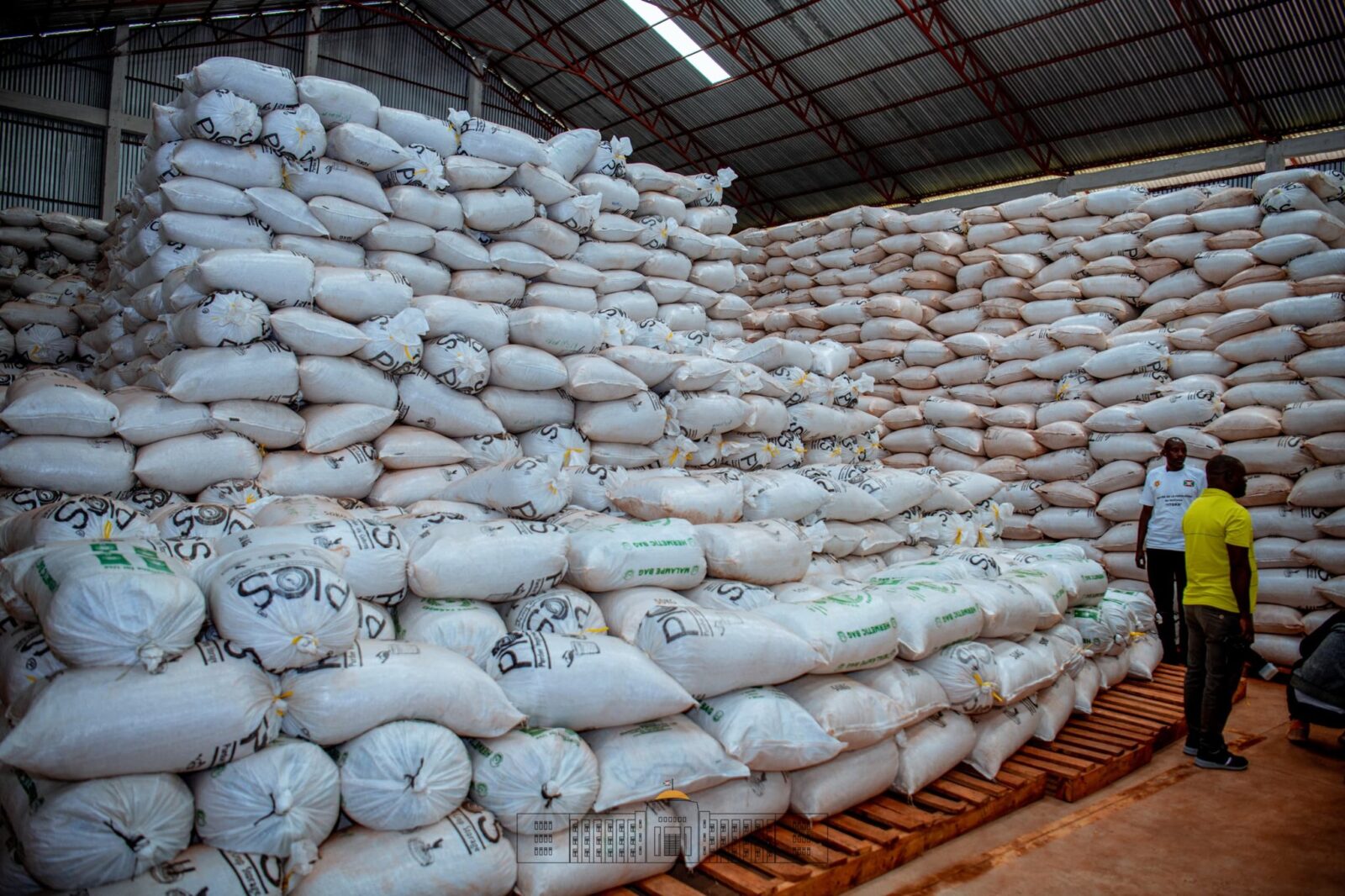


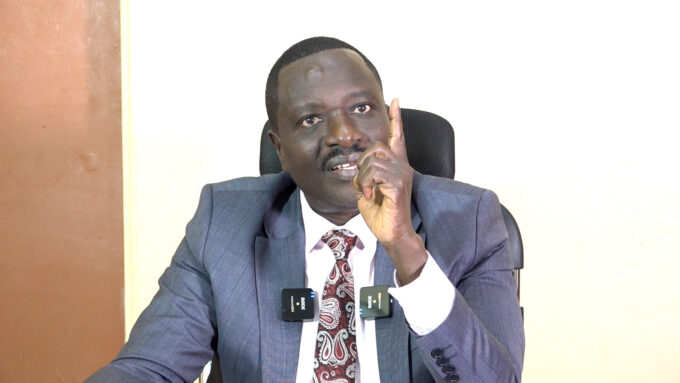
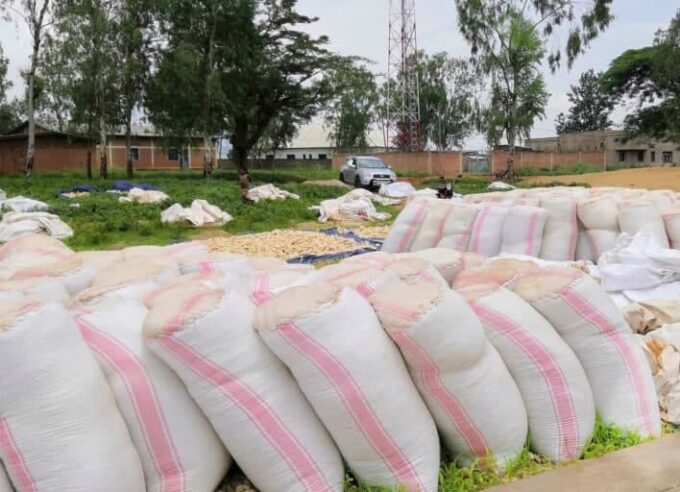
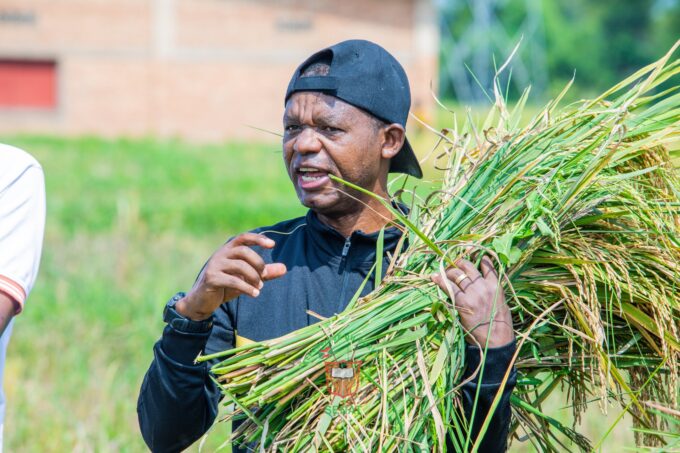
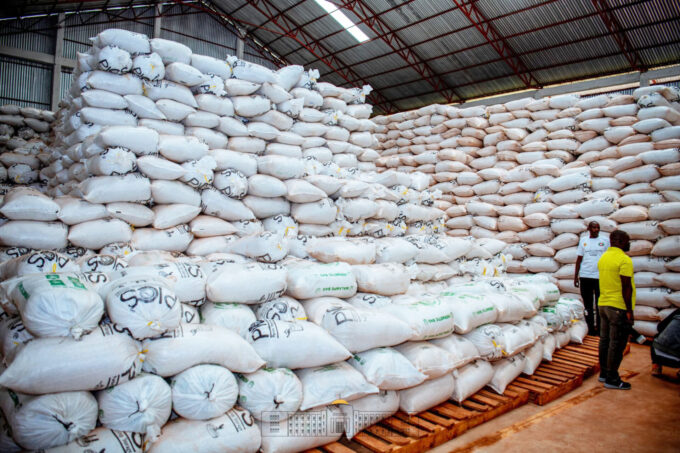
Leave a comment